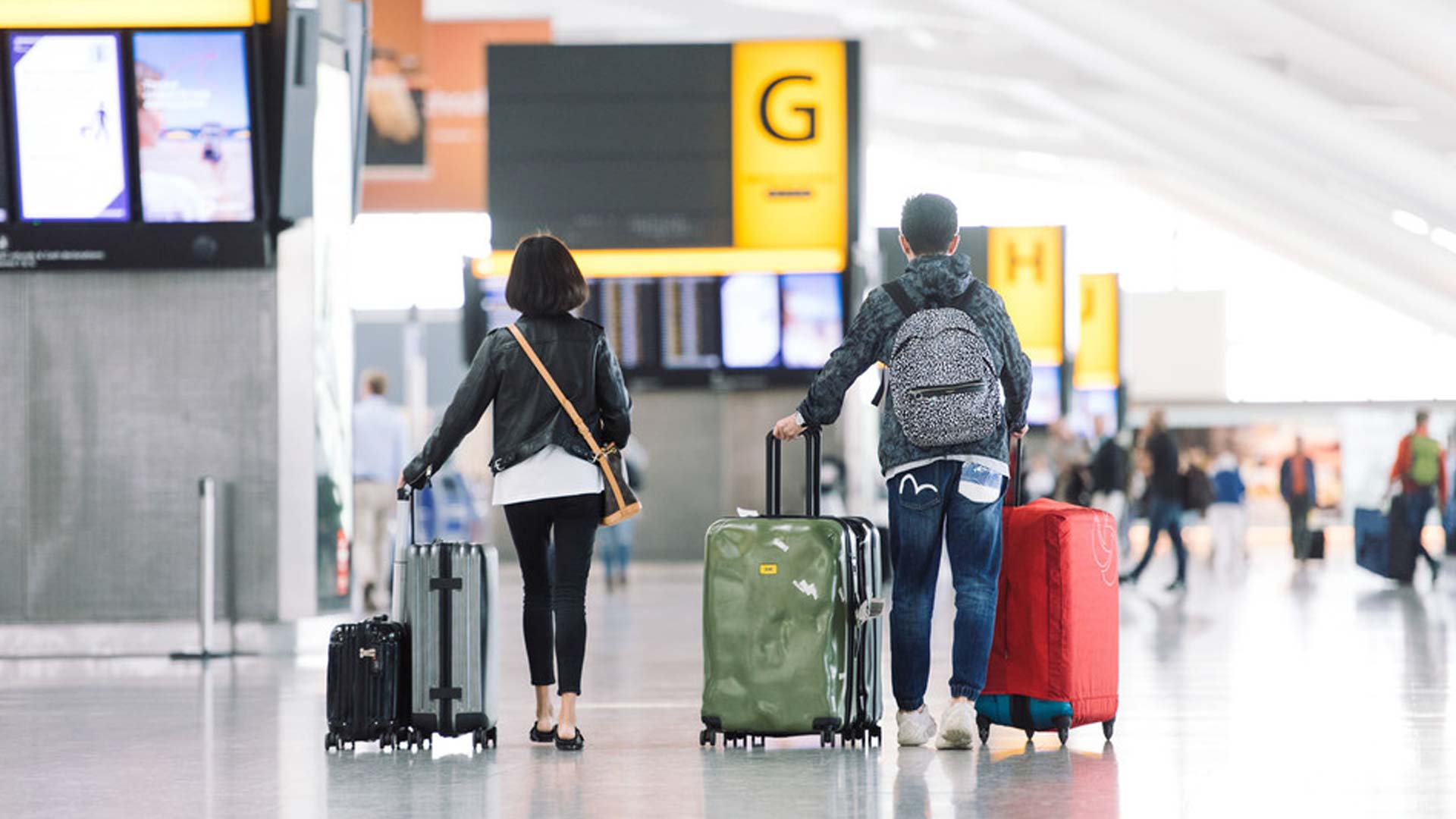Heathrow Airport has reported an adjusted loss before tax of £321 million in the six months to end June 2022, as a result of higher passenger numbers. This is an improvement of prior-year period loss of £466 million. Revenue rose to £1.28bn up from £384 million a year ago. Heathrow’s debt has risen by 8.8% to £14.5bn. The airport served 26.1 million passengers in the six month period – a considerable rise from the 3.9 million in the six months to end June 2021.
Heathrow has commented that its actions to cut capacity to “balance with airline ground handler capacity” has enabled the airport to reverse disruption to passenger journeys. It further commented that while it started ramping up its own operations in November 2021, and has hired 1,300 people in the last six months and will have a similar level of security resource by the end of July as pre-pandemic, the airport stressed that the disruption is continuing due to a shortage of airline ground handlers. “We have been raising our concerns over lack of handler resource for 9 months. We estimate that airline ground handlers have no more than 70% of pre-pandemic resource, and there has been no increase in numbers since January.” Heathrow reported that the build up of baggage in arrival halls, low departure punctuality and lost items was the direct result of this shortage of airline ground handlers and was solved by the capacity cut it imposed earlier this month. “Airline ground handler performance has been much more stable since the cap came into effect, and we have seen a marked improvement in punctuality and baggage performance,” it stated.
Heathrow CEO John Holland-Kaye, commented: “The summer getaway has started well at Heathrow, thanks to early planning and keeping demand in line with airline ground handler capacity,” he said “We can’t ignore that COVID has left the aviation sector deeply scarred, and the next few years will need investment to rebuild capacity, with a focus on safety, consumer service, resilience and efficiency. Airlines need to recruit and train more ground handlers; airports need catch up on underinvestment during the COVID years – at Heathrow, that means replacing the T2 baggage system and new security lanes. Recent months have shown that passengers value easy, quick and reliable journeys, not penny pinching, and the CAA should be encouraging the investment that will deliver for consumers.”
Heathrow also took the opportunity to criticise the CAA’s H7 Final Proposal that it says focuses on cost cutting to improve airline margins “when we should be rebuilding capacity, with a focus on safety, consumer service, resilience and efficiency”. Heathrow says the proposal doesn’t provide enough cashflow to allow it to invest in operations and capital investments, “such as a new T2 baggage system or new security lanes to meet the DFT’s 2024 deadline, at a time when they should be encouraging investment”.

